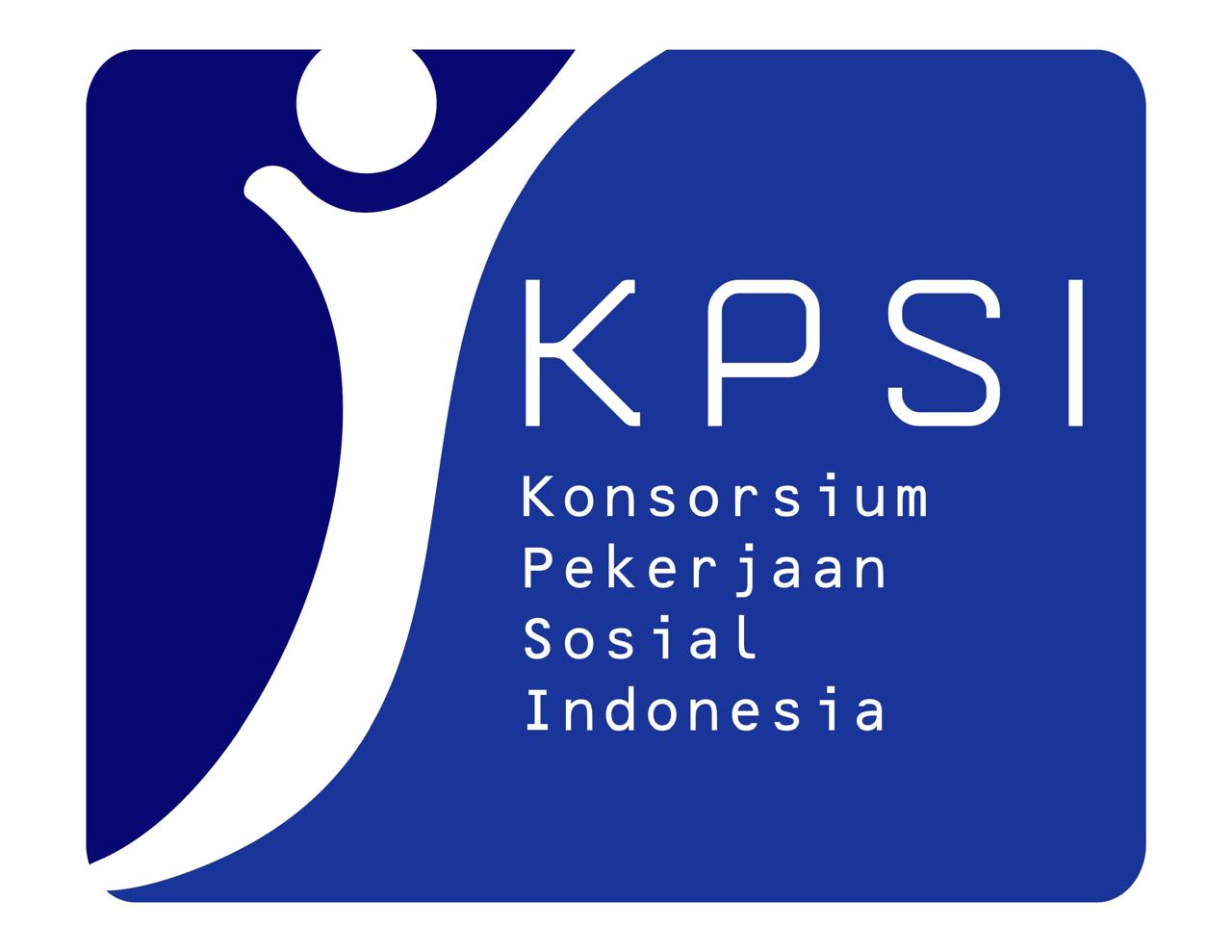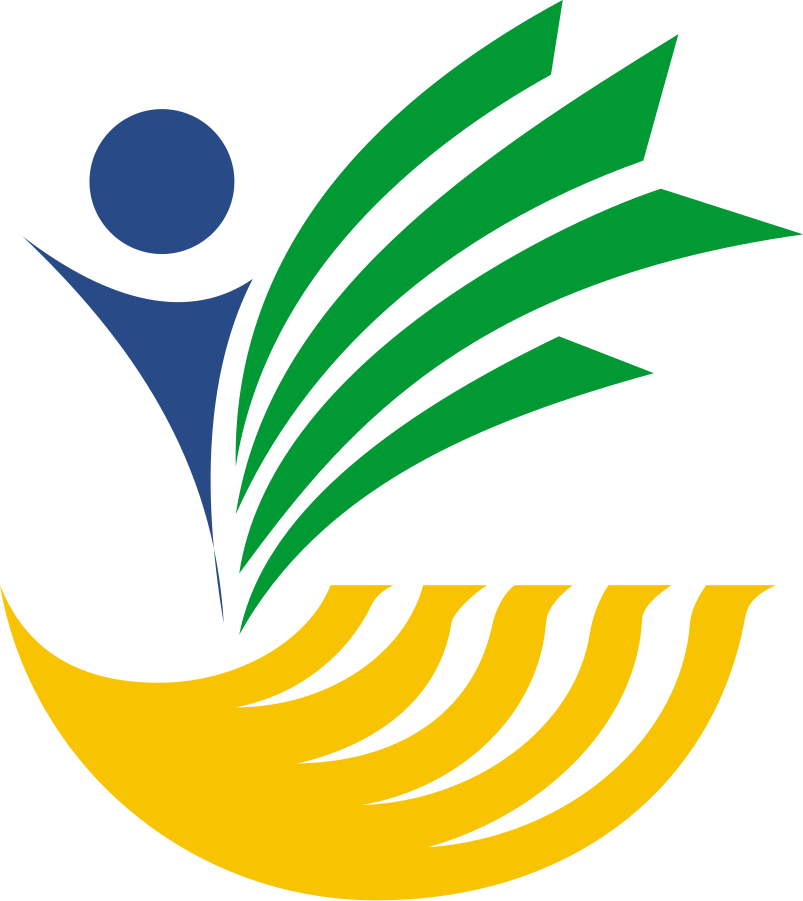Social Work Students’ Challenges in Flexible Learning and Implications for Social Work Education: A Study in Bicol, Philippines
DOI:
https://doi.org/10.58671/aswj.v11i1.36Keywords:
Flexible learning, Virtual Social Work Learning, Social Work Education, COVID-19 Educational Challenges, ImplicationsAbstract
Social work students encountered different challenges as they experience online and distance learning during the COVID-19 pandemic. Significantly, examining the learners’ situations can contribute in obtaining evidence-based knowledge useful in enhancing academic policies and practices. Hence, this study investigated on the personal, institutional, learning environment, and technological challenges of social work students when flexible learning was implemented. It sought to discuss policy implications for social work education. The study captured 296 respondents in one university in the Bicol Region, Philippines. The researcher-made survey questionnaire used in the study obtained a coefficient of a=0.92, which means that the whole scale's reliability estimate was highly acceptable. The instrument was in Google Forms and distributed to the respondents online. The collected data were subjected to descriptive statistics for interpretation and analysis. The results revealed that the frequently encountered challenges were: having to fulfill home and school responsibilities simultaneously, overlapping activities/tasks from two or more subjects, power interruptions, and having an unstable mobile data connection. Therefore, the academic community, including the administrators, student organizations, faculty members, and all equally essential stakeholders can address the identified challenges through policy enhancement and partnership building with organizations and companies offering technology-related services.
References
Abisado, M. B., Unico, M. G., Umoso, D. G., Manuel, F. E., & Barroso, S. S. (2020). A flexible learning framework implementing asynchronous course delivery for Philippine local colleges and universities. International Journal, 9(1.3). https://doi.org/10.30534/ijatcse/2020/6591.32020
Aboagye, E., Yawson, J. A., & Appiah, K. N. (2021). COVID-19 and E-learning: The challenges of students in tertiary institutions. Social Education Research, pp. 1–8. https://doi.org/10.37256/ser.212021422
Adnan, M., & Anwar, K. (2020). Online Learning amid the COVID-19 Pandemic: Students' Perspectives. Online Submission, Journal of Pedagogical Sociology and Psychology, 2(1), 45–51. https://files.eric.ed.gov/fulltext/ED606496.pdf
Amali, I., Bello, M. B., & Adeoye, G. O. (2018). Influence of domestic works on female students academic performance in upper-basic schools in Kwara State, Nigeria. Journal of Education in Developing Areas, 26(1), 196-202. https://journals.journalsplace.org/index.php/JEDA/article/view/44
Amir, L. R., Tanti, I., Maharani, D. A., Wimardhani, Y. S., Julia, V., Sulijaya, B., & Puspitawati, R. (2020). Student perspective of classroom and distance learning during the COVID-19 pandemic in the undergraduate dental study program Universitas Indonesia. BMC medical education, 20(1), 1-8. https://doi.org/10.1186/s12909-020-02312-0
Bagayas, S. (2020). Students of top 4 PH schools urge CHED to suspend online classes. Rappler. https://www.rappler.com/nation/255852-students-top-schools-philippines-call-ched-suspend-online-classes-coronavirus-outbreak/
Baticulon, R. E., Sy, J. J., Alberto, N. R. I., Baron, M. B. C., Mabulay, R. E. C., Rizada, L. G. T., & Reyes, J. C. B. (2021). Barriers to online learning in the time of COVID-19: A national survey of medical students in the Philippines. Medical science educator, 31(2), 615-626. https://doi.org/10.1007/s40670-021-01231-z
Broadbent, J., & Poon, W. L. (2015). Self-regulated learning strategies & academic achievement in online higher education learning environments: A systematic review. The Internet and Higher Education, pp. 27, 1–13. https://doi.org/10.1016/j.iheduc.2015.04.007
Burke, L. (2020, October 27). Moving Into the Long Term. Inside Higher Ed, https://www.insidehighered.com/digital-learning/article/2020/10/27/long-term-online-learning-pandemic-may-impact-students-well?fbclid=IwAR1QLRvfMlbbBvJ5SNhMnjKfXyDij6aGF-8gRQowI_1FfeHG-mGKl0NvEww
Commission on Higher Education Memorandum Order No.4. (2020). Retrieved from https://ched.gov.ph/wp-content/uploads/CMO-No.-4-s.-2020-Guidelines-on-the-Implementation-of-Flexible-Learning.pdf
Council on Social Work Education. (2020). Social work student perceptions: Impact of COVID-19 pandemic on educational experience and goals. https://www.cswe.org/about-cswe/governance/commissions-and-councils/commission-on-research/research-statistics/research-briefs-and-publications/social-work-student-perceptions-impact-of-covid-19-pandemic-on-educational-experience-and-goals/
Cua, A. J. (2020, July 9). Pros and cons of online learning. The Manila Times,https://www.manilatimes.net/2020/07/09/campus-press/pros-and-cons-of-online-learning/739650/
Fabito, B. S., Trillanes, A. O., & Sarmiento, J. R. (2020). Barriers and challenges of computing students in an online learning environment: Insights from one private university in the Philippines. International journal of computing sciences research, 5(1), 441-458. https://doi.org/10.25147/ijcsr.2017.001.1.51
Finley, K. (2020). When school is online, the digital divide grows greater. Wired, https://www.wired.com/story/school-online-digital-divide-grows-greater/
Joaquin, J. J. B., Biana, H. T., & Dacela, M. A. (2020). The Philippine higher education sector in the time of COVID-19. Frontiers in Education (p. 208). Frontiers. https://doi.org/10.3389/feduc.2020.576371
Jones, N. (2019). Improving internet access in the Philippines. San Francisco, CA: Asian Foundation.
Letendre, B. (2020). Meeting the Educational Challenges of COVID-19 Together. https://blog.mindresearch.org/blog/COVID-19-impact-on-education
Magsambol, B. (2020). Student's mental health issues during distance learning due to "the interplay of factors"–expert. Rappler, https://www.rappler.com/nation/students-mental-health-concerns-distance-learning-due-interplay-factors/
Makoe, M. (2012). Teaching digital natives: Identifying competencies for mobile learning facilitators in distance education. South African Journal of Higher Education, 26(1), 91–104. https://journals.co.za/doi/epdf/10.10520/EJC123974
Marroquín, B., Vine, V., & Morgan, R. (2020). Mental health during the COVID-19 pandemic: Effects of stay-at-home policies, social distancing behavior, and social resources. Psychiatry Research, 293. https://doi.org/10.1016/j.psychres.2020.113419
Organization for Economic Cooperation and Development. (2020). Education and COVID-19: Focusing on the long-term impact of school closures. OECD Publishing. https://read.oecd-ilibrary.org/view/?ref=135_135187-1piyg9kc7w&title=Education-and-COVID-19-Focusing-on-the-long-term-impact-of-school-closures
Orlando, J., & Attard, C. (2016). Digital natives come of age: The reality of today’s early career teachers using mobile devices to teach mathematics. Mathematics Education Research Journal, 28(1), 107-121. https://doi.org/10.1007/s13394-015-0159-6
Park, R. J., Behrer, A. P., & Goodman, J. (2021). Learning is inhibited by heat exposure, both internationally and within the United States. Nature human behavior, 5(1), 19-27. https://doi.org/10.1038/s41562-020-00959-9
Poncian, P. (2017). The impact of home environment on students' academic achievement in Tanzanian secondary schools: a case of Geita town council (Doctoral dissertation, The University of Dodoma). http://repository.udom.ac.tz/handle/20.500.12661/480
Philippine Institute for Development Studies. (2016). Examining Trends in ICT Statistics: How Does the Philippines Fare in ICT? PIDS Discussion Paper Series. https://pidswebs.pids.gov.ph/CDN/PUBLICATIONS/pidsdps1616.pdf
Rajkumar, R. P. (2020). COVID-19 and mental health: A review of the existing literature. Asian journal of psychiatry, 52, 102066. https://doi.org/10.1016/j.ajp.2020.102066
Reamer, F. G. (2013). Distance and online social work education: Novel ethical challenges. Journal of Teaching in Social Work, 33(4-5), pp. 369–384. https://doi.org/10.1080/08841233.2013.828669
Shafiei Sarvestani, M., Mohammadi, M., Afshin, J., & Raeisy, L. (2019). Students’ experiences of e-learning challenges; a phenomenological study. Interdisciplinary Journal of Virtual Learning in Medical Sciences, 10(3), 1-10. 10.30476/IJVLMS.2019.45841
Sibucao, C. D., (2020, September 19). Three students commit suicide, three months into online learning. UPLB Perspective. https://uplbperspective.org/2020/09/19/three-students-commit-suicide-three-months-into-online-learning/.
Sundarasen, S., Chinna, K., Kamaludin, K., Nurunnabi, M., Baloch, G. M., Khoshaim, H. B., ... & Sukayt, A. (2020). Psychological impact of COVID-19 and lockdown among university students in Malaysia: implications and policy recommendations. International journal of environmental research and public health, 17(17), 6206. https://doi.org/10.3390/ijerph17176206
Tandon, R. (2020). COVID-19 and mental health: preserving humanity, maintaining sanity, and promoting health. Asian journal of psychiatry, p. 51, 102256. 10.1016/j.ajp.2020.102256
United Nations. (2020, August). Policy Brief: Education during COVID-19 and beyond. https://www.un.org/development/desa/dspd/wpcontent/uploads/sites/22/2020/08/sg_policy_brief_COVID-19_and_education_august_2020.pdf
World Health Organization. (2020). Impact of COVID-19 on people's livelihoods, their health, and our food systems. https://www.who.int/news/item/13-10-2020-impact-of-COVID-19-on-people's-livelihoods-their-health-and-our-food-systems.
Downloads
Published
How to Cite
Issue
Section
License
Copyright (c) 2023 Angelo Uclaray, Thea Mari Magdasoc, Andrea Joyce Noora, Ma. Vida Teresa Sales

This work is licensed under a Creative Commons Attribution-NonCommercial-ShareAlike 4.0 International License.
































